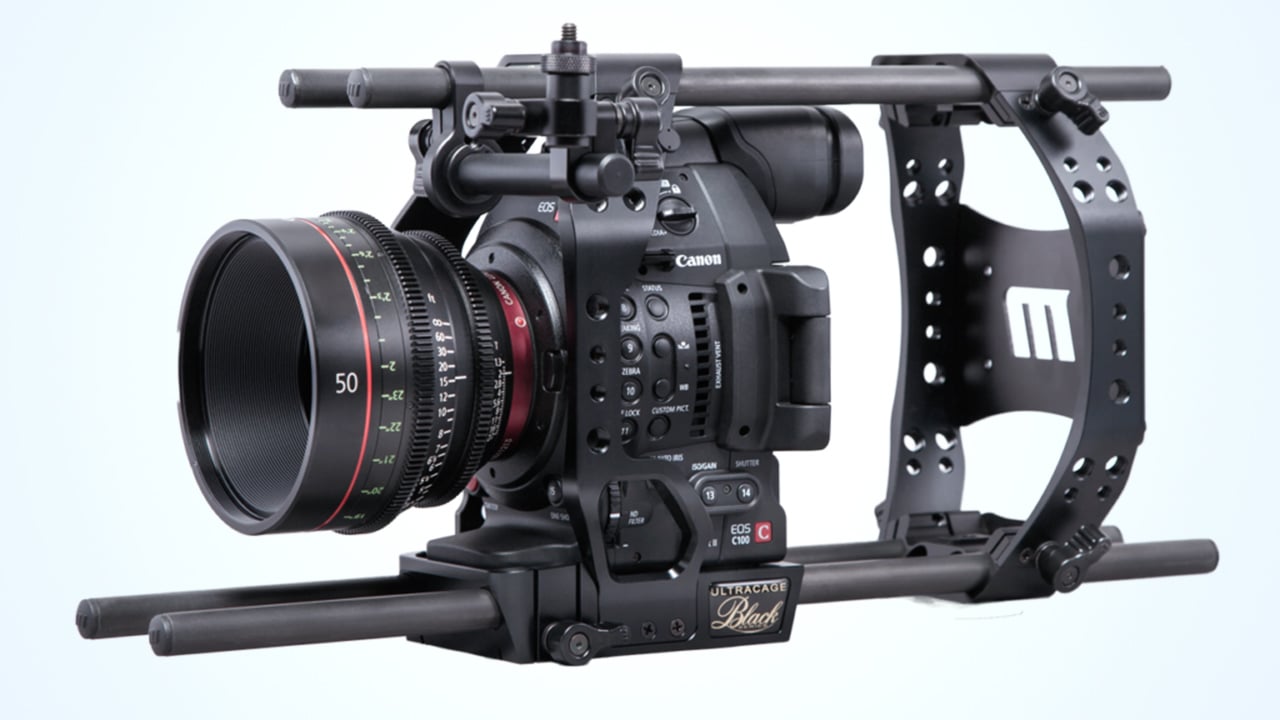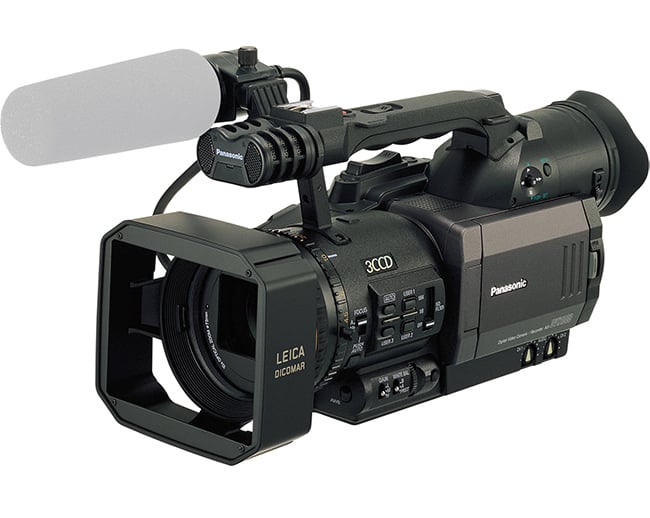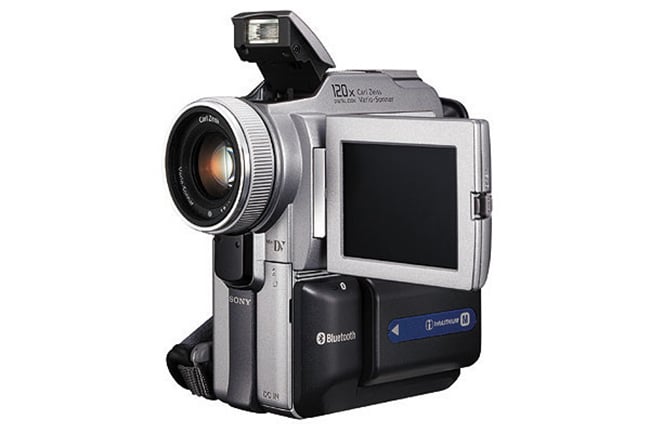
Replay: We all want the perfect camera, but is it even a remotely realistic expectation?
Do you like the camera or cameras you are using at the moment? Do you love them, are they perfect? No? Mine neither. Why is this? We’ve had more than 100 years to perfect the camera and more than 20 years for the digital camcorder, surely that’s long enough?
As it turns out it’s not, why? Well, several reasons really. The first problem, and I don’t know quite how to put this gently...is you...oh, and me. You see, as technology and design progresses, people want more, not just more, but also different, not bad different, just different. There are things that the majority of people might agree on that are good things to have in a camera, but then that leaves a minority that will disagree, and you can bet that there will be one however small.
Camera accessories
We can see tangible evidence of this through the development over the last 10 years of the camera accessories industry segment; cages, handles, viewfinder adaptors and the like. People want a camera that fits them as an individual and a mass-produced unit just can’t be all things to all people. I don’t think I’ve ever picked up a camera and thought "yes, this is the one." There has been no Goldilocks moment. I’m just talking about physical form here, I’ve not even got to features and specifications yet.
As an experiment, many years ago, I sat down with some BBC colleagues for a few hours (which actually ended up being much longer) and fleshed out what we termed “The Ideal Camcorder”. These were the days before DSLRs which recorded video, and so our scope was restricted to improving the existing handheld and shoulder-mounted camcorders. What was really interesting to me was that we actually came up with the technical specs quite quickly. 1080p, 24-bit audio, SDI I/O and others. What took time, and we went back and forth on this quite a lot, was the physical form, handheld, shoulder mounted or even....modular (this was seen as a backward step at the time)? This document was then made available to any manufacturer who was interested, and subsequent cameras adopted some of the ideas, although it might just have been through natural development, it’s difficult to be certain.

The Panasonic DVX100 was one of the first affordable digital camcorders to offer true progressive scan video
Next year's "must-have"
However, things progress, and sometimes quite rapidly. What was not important one year, or maybe not even conceived of, would be the next year’s must-have. Progressive scan is a good example of this, we wouldn’t be without it today, but around 2001 it was rare on an electronic camera. Technical standards change rapidly. Well, you might not think of it as rapid but for typical product cycles it is. If a manufacturer releases a product just before a change or development in standards it can take more than 18 months for them to re-release a product that addresses this change. If it means that a completely new product has to be developed, rather than a revision of an older one, then this can take considerably longer. It’s a case of playing leapfrog with other manufacturers in this market segment, but by no means is this process limited to this industry.
Some of these technical developments are pushed to market because manufacturers see a requirement, a gap in the product line that should be filled. Other times features are added to differentiate one product from another and add value. One example of this is the Sony DCR-PC120 DV camera, a vertical form-factor palm camcorder that had Bluetooth. Not unusual, you may think, but it used the connection to browse the web through the built-in web browser. You could also send and receive emails, all this using a 6.2 cm screen. I wonder how many people bought this camcorder for that feature alone?

The Sony DCR-PC120 [Credit: Sony]
Design by consensus
What has changed drastically over the last 15 years is the willingness of the manufacturers to listen to user ideas. What started out as meetings with the key users and buyers of the products has developed massively. YouTube is strewn with product reviews of everything, so if you need an opinion, it’s out there. Lots of key influencers will happily provide reviews of cameras and camcorders and they gather ideas and suggestions from testing and from comments to their videos. This is great, but it can sometimes be difficult to separate the signal from the noise here, but a consensus of opinion, particularly on problems, can be very useful feedback. However, most of the time this will come too late in the product development process unless it can be fixed in firmware. Is it just me or does life seem to be a continual process of software and firmware upgrades, these days?
So, it looks like camera design by committee is here to stay. We have seen the birth of small companies designing and building cameras with suggestions from prospective users. Look where Red has come from, it can be done. The vital thing to remember here is never to stop innovating but, more importantly, don’t stop listening.
There’s another important thing to think about. So you’ve got the camera with the specs and features you want, you’ve bought the shoulder rig that makes it comfortable for you. You’ve learnt to live with the menu system, developed the muscle memory for all the controls...and then...you discover late in the process that the channel you’re delivering to won’t accept the codec that the camera records to. There might be ways around this via an external recorder, or even changing camera, but that spoils your setup, ruins your planning or busts the budget. These days, you need to work back from your delivery specifications to find the camera or cameras that fit. You see your perfect camera might not be the camera that can deliver what’s required.
Finally, in the words of Jonny Wilkinson, the former English Rugby Union international
“I'm pretty aware that the pursuit of perfection is, inherently, a flawed concept”
Tags: Production Opinion Cameras


Comments